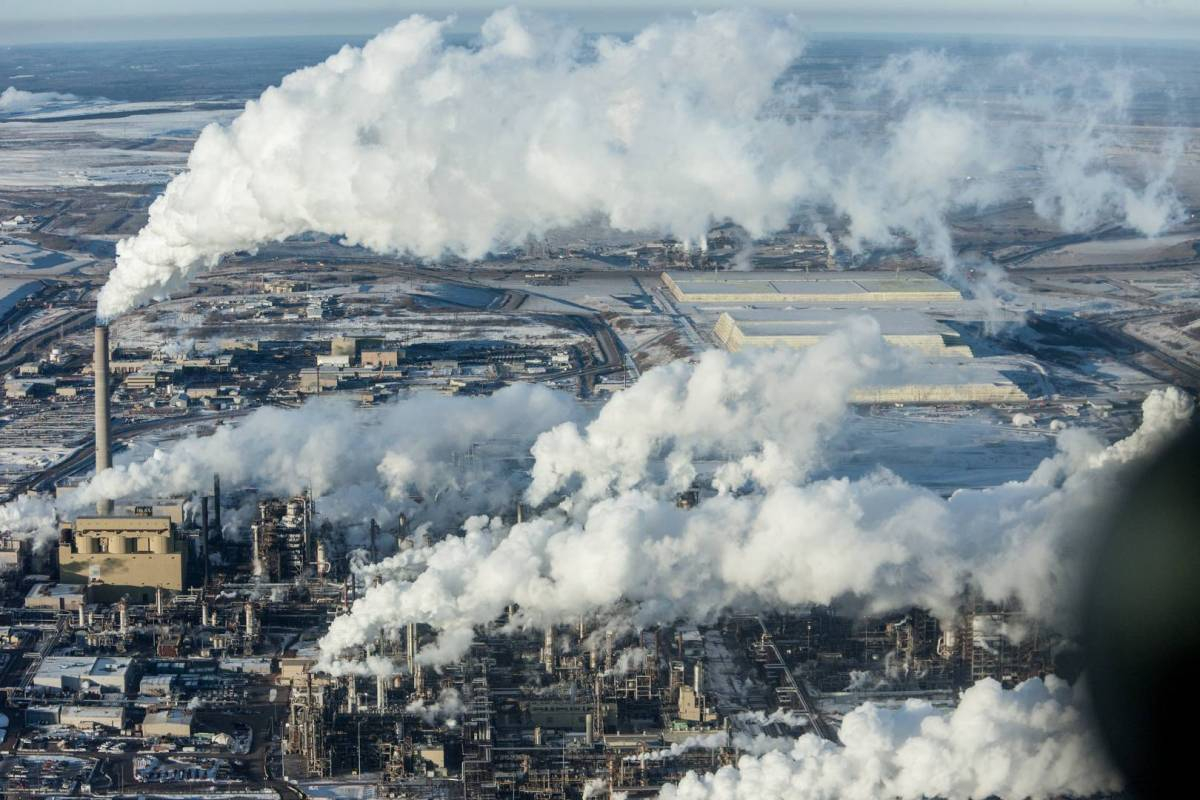The Kochs, ConocoPhillips, and PetroChina have profited enormously from the tar sands ecocide and the planet has paid an enormous price as carbon emissions threaten our human existence. They were and are actively supported in this environmental rape by successive neoliberal governments. You and future generations will be left with the debt. Unless…

Image: Melbourne Water/Flickr
Some politicians believe protecting a sunset industry’s interests is more important than looking out for the citizens who elected them. In Australia, the coal industry holds sway over government policy. In Canada, bitumen and fracked gas rule. In the U.S., it’s all of the above. Fortunately, many people, especially youth, are heeding the rational voices of those who acknowledge the tremendous opportunities in cleaner energy and economic diversification.
Politicians often justify their undying support for the fossil fuel industry by claiming they’re looking out for jobs and the economy — but those claims don’t hold up.
Despite assertions of some political representatives in Australia and the U.S., coal doesn’t have a bright future and “clean coal” doesn’t exist. In Canada, pipeline opponents, Indigenous communities, and environmental groups aren’t putting bitumen jobs at risk; automation, market forces, and change in the face of the climate crisis are behind the declines.
Calculations of “energy return on energy invested” — the amount of energy output over the amount required to produce it — shows one reason for bitumen’s lower price compared to conventional oil. The latter historically delivered 30 units or more for each unit invested, although that’s declining as easily accessed sources become depleted. Recent research shows wind energy can also reach this level, while solar is closer to 9:1 or higher. Oilsands bitumen is 5:1 or lower, because large amounts of energy are required to extract, process and refine it, which makes it costly, inefficient and much more emissions-intensive than conventional oil.
But instead of a rational debate about how to shift from fossil fuels to cleaner energy with minimal disruption to workers and society, media and short-sighted politicians inundate us with logical fallacies and absurd conspiracy theories about who’s funding the people and organizations that want a prosperous future with clean air, water and soil and a stable climate.
True concern for workers means helping them find new ways to employ their skills, including offering retraining and incentives for jobs in the growing clean energy sector — a process Canada’s government recently started with its Just Transition Task Force for Canadian Coal-Power Workers and Communities. All political parties should find ways to reform employment policies to reduce waste, inequity and rampant consumerism, including improved work-life balance with shorter workweeks.
Decision-makers who care about the people they represent and understand science, social trends and technological potential know that a low-carbon future offers better health, livability and economic resilience. The fossil fuel industry is still the most profitable (and among the most destructive) in human history, but those days are coming to an end. True leaders understand this. SOURCE





